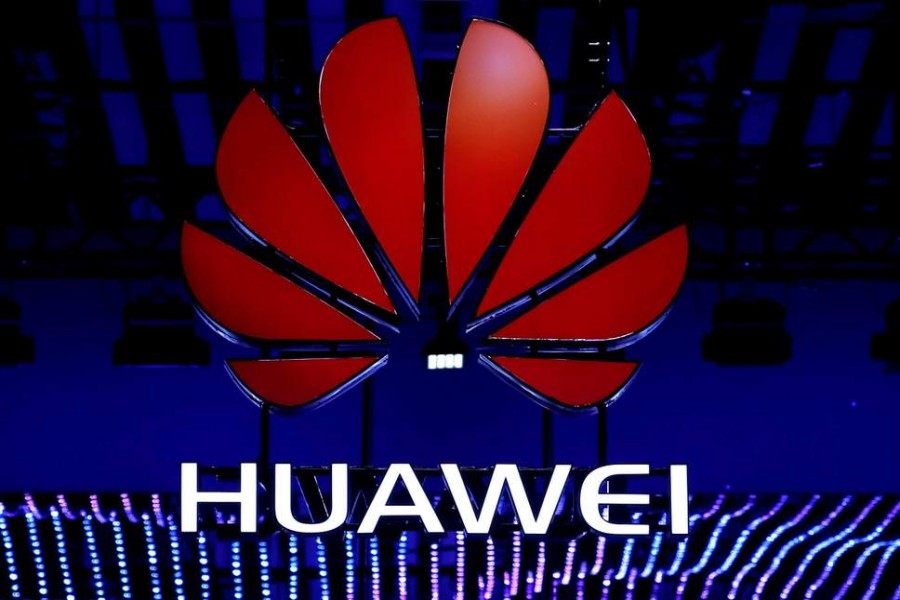UK mobile operator Three launched its first 5G broadband service on Monday, using Huawei wireless gear, making it the third UK carrier to use the Chinese telecommunications giant's products despite the US push for its allies to block the company.
Two other UK carriers - EE and Vodafone - have also used Huawei's 5G equipment.
Huawei's 5G expansion in the UK comes amid the US' intensified global crackdown on the Chinese technology giant, which included putting the company on the Entity List in May. It has also been pushing its allies to block Huawei, citing so-called espionage threat. However, the US has failed to provide any evidence of that accusation.
Despite the ban, Huawei has been steadily expanding its 5G footprint. Huawei has secured 50 commercial 5G contracts globally, of which 28 were from Europe, Chen Lifang, president of the public affairs and communications department, said in July.
The company shipped more than 150,000 5G base stations to markets around the world as of the end of July.
"Huawei's 5G equipment is highly cost-effective, and if UK carriers shut Huawei out, they are fully aware that 5G construction cost would be soaring," Fu Liang, a Beijing-based telecom industry expert, told the Global Times on Tuesday.
During a trip to Huawei's headquarters in Dongguan, South China's Guangdong Province in July, the company's technicians were also confident about its 5G equipment and believed the company could survive the US crackdown. A Huawei technician told the Global Times that some of this equipment is far ahead of the company's major rivals, and it would take years for them to surpass the Chinese company.
Huawei reported better-than-expected results in the first half of this year. Revenue rose 23.2 per cent year-on-year to 401.3 billion yuan ($58.3 billion), while net profit was up 8.7 per cent
Smartphone sales are also getting back on track. NTT Docomo, Japan's largest telecommunications company, said on its website on Tuesday that it will resume taking reservations for the Huawei P30 Pro smartphone as of Wednesday after deferring sales of Huawei's new mobile phones in May.
Two other telecom operators, Softbank and KDDI, also announced the resumption of the sale of Huawei's new mobile phones.
On Monday, the US Department of Commerce announced that it had put 46 additional subsidiaries of Huawei on its Entity List, although it will extend the temporary general license, which allows certain US companies to continue supplying Huawei, for another 90 days.
The current 90-day reprieve had been due to expire on Monday.
"The extra 90-day extension means almost nothing for the company," Fu said. He noted that the US decision to add 46 Huawei subsidiaries to the list - taking the total number to more than 100 - will further drive the company to reduce reliance on US suppliers and "give up illusions about the US."
In a Huawei internal letter circulated on the internet on Tuesday, signed by Huawei's founder Ren Zhengfei, Ren said that the company is at a critical juncture, called all employees to "join the battle," which means to their own jobs well.
Ren also urged the rapid hiring and promotion of outstanding personnel to "invigorate the circulation of blood" in the company.
Huawei is sure to invest heavily on its self-developed operating system HarmonyOS, Fu said. "If Huawei proves the operating system could be a replacement to Android, the US will regret the decision it made today."


